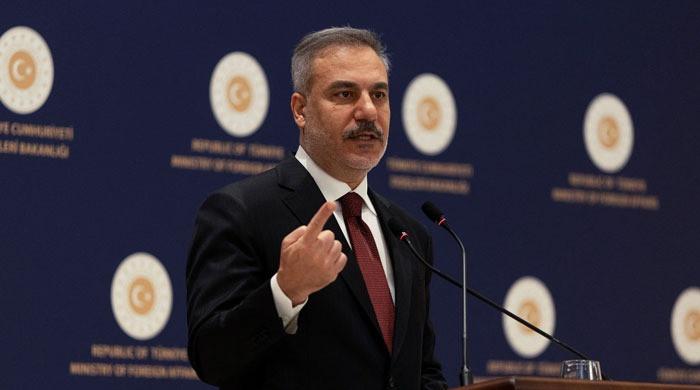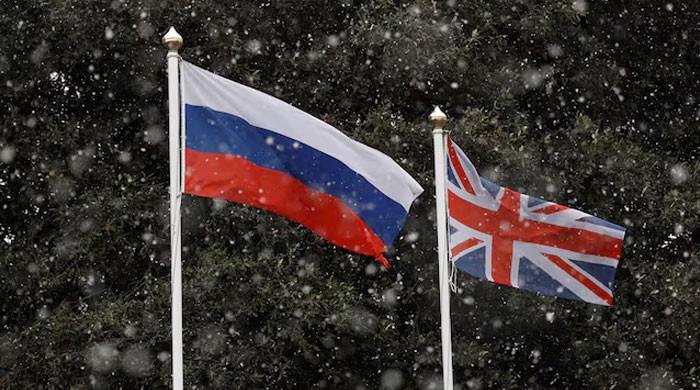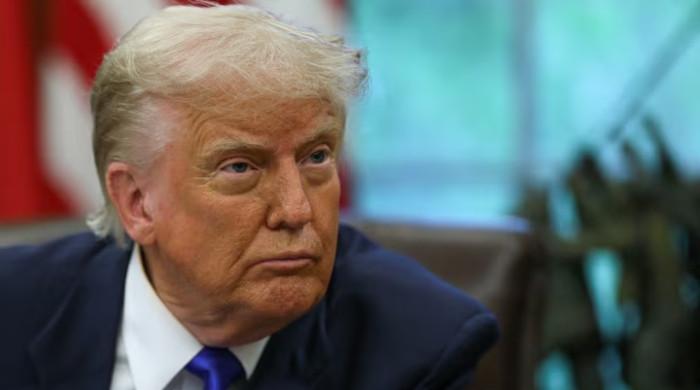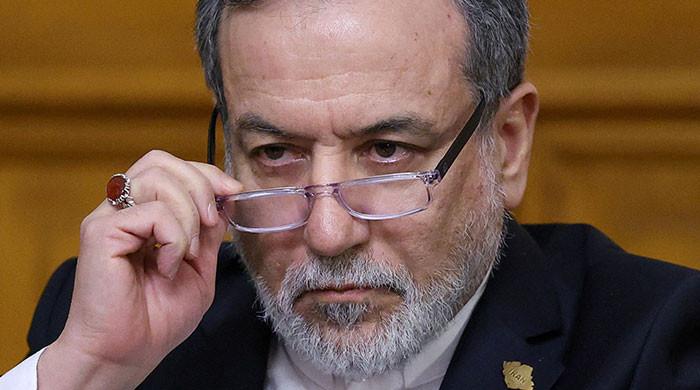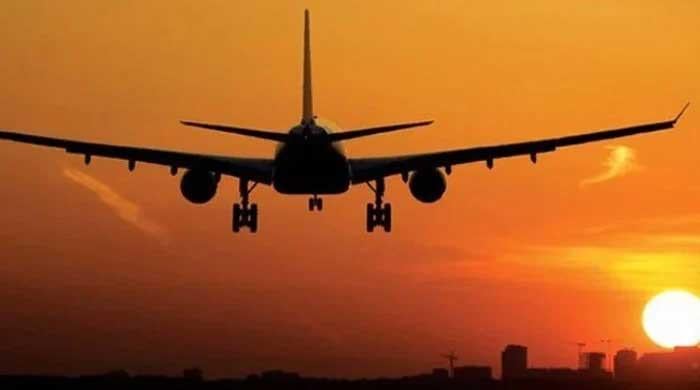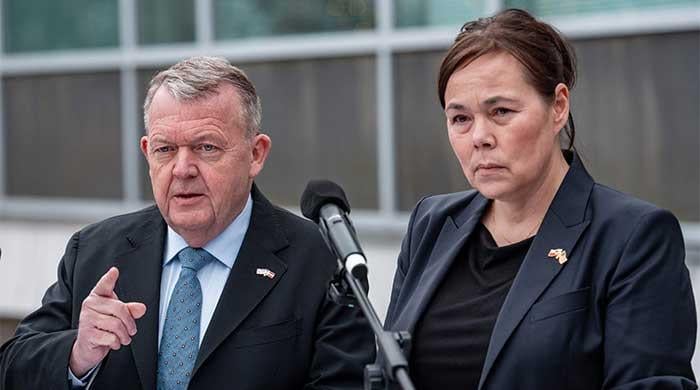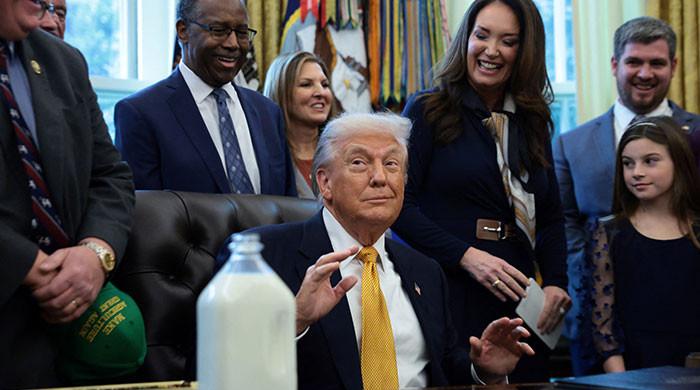Corruption in Afghanistan still a problem as international donors meet
WASHINGTON: When international donors meet in Tokyo on Sunday to chart Afghanistan’s economic future, they will be asked to pledge another decade of support in exchange for the Afghan...
July 07, 2012
It won’t be the first time such vows are made, along with pledges to respect the rule of law and the rights of women and minorities. Similar conferences have been held in London, Kabul, Istanbul and Bonn in the last two years alone.
But it may be the last time the world is willing to believe them. With U.S. and NATO troops on their way out, maintaining Afghanistan’s fragile democracy and economy may seem less urgent, particularly without signs of real progress.
Despite years of U.S. pressure, Afghan President Hamid Karzai has failed to undertake significant reforms to curtail corruption, and there has not been a single high-level conviction in a corruption case. In recent months, the Obama administration has accepted that progress will continue to be slow and fitful.
The Tokyo conference, where Secretary of State Hillary Rodham Clinton will head the U.S. delegation, is the civilian-diplomatic bookend to NATO’s May summit. Meeting in Chicago, the alliance confirmed plans to withdraw foreign combat troops by the end of 2014 and pledged about $4 billion a year to pay for ongoing training, equipment and financial support for Afghanistan’s security forces.
In Tokyo, donors are expected to promise $3.9 billion in annual economic and development support at least through 2017 and ideally until 2025. The combined outlays equal roughly half of Afghanistan’s $15.9 billion gross domestic product last year, and the United States expects to contribute half the nearly $8 billion total.
“The numbers are relevant to some, but what’s more relevant is the idea that the international community is agreeing on the need for assistance, the need to keep investing in Afghanistan, and that the Afghans themselves are also taking responsibility for the things they need to do,” said a senior Obama administration official, speaking on the condition of anonymity in advance of the meeting.
The World Bank and the Afghan government worked together to come up with the $3.9 billion figure, along with a plan to set priorities to develop revenue-producing mines and other national resources, agriculture and education.
The money is a substantial decrease in the more than $100 billion a year the United States currently spends in Afghanistan. Without it, the administration and its partners fear Afghanistan will slip back to where it was two decades ago, when militant factions fought for control, the economy ceased to function and the Taliban emerged victorious.
“We have to convince our partners and the Afghans and ourselves that we are not leaving Afghanistan in the lurch,” Alex Thier, director of the Afghanistan and Pakistan office at the U.S. Agency for International Development, said Tuesday at a Brookings Institution conference.
But many think more funding will simply perpetuate the waste and corruption that have permeated Afghanistan during more than a decade of U.S. involvement.




